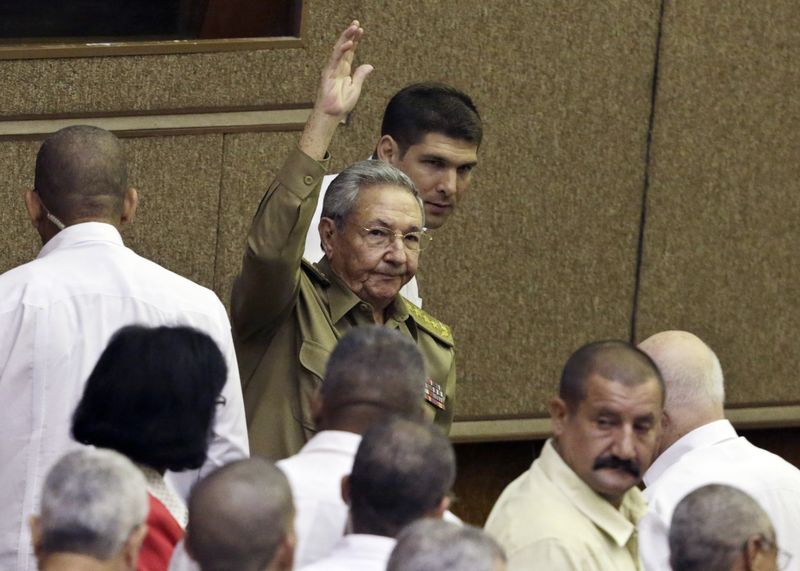By Daniel Trotta
HAVANA (Reuters) - The sudden U.S. engagement with Cuba has helped the European Union's own bilateral talks on improving relations with the Communist-led island, a top European diplomat said on Thursday at the conclusion of two days of negotiations in Havana.
When the United States and Cuba announced on Dec. 17 they would restore diplomatic relations, the rapprochement between longtime adversaries overshadowed the EU's ongoing attempt to rewrite a political agreement with Cuba.
After the United States and Cuba quickly arranged high-level meetings in Havana and Washington, the twice-postponed EU-Cuba talks finally took place this week, the first face-to-face meetings since August.
Asked at a news conference if European interests were threatened by the U.S. engagement, the chief European negotiator called the U.S. role "very positive.""This lifts a cloud that has been hanging over the region ... for a long time (and) opens new possibilities," said Christian Leffler, the EU's top diplomat for the Americas.
"The two processes complement each other and we very much welcome the step of the United States away from confrontation," Leffler said.
Though not as severe as the open conflict between the United States and Cuba, Europe's relations with the Caribbean island have been strained through the years.
A year ago the EU agreed to deepen relations with Cuba in its most significant overture since the bloc lifted diplomatic sanctions in 2008.
Crucial to Cuba was the EU's decision to replace its Cuba policy known as the common position, which placed a priority on democratic reforms and improved human rights in Cuba.
The two sides still have differences on issues such as human rights, which Leffler said were discussed on Thursday but would be taken up in greater detail in the next round of talks, to be held in Brussels some time "before the summer."

Cuba on Wednesday reported making progress on issues such as labour, culture, education, health and agriculture. Thursday's talks focused more on trade, aid and "political dialogue," which refers to a number of topics including human rights.